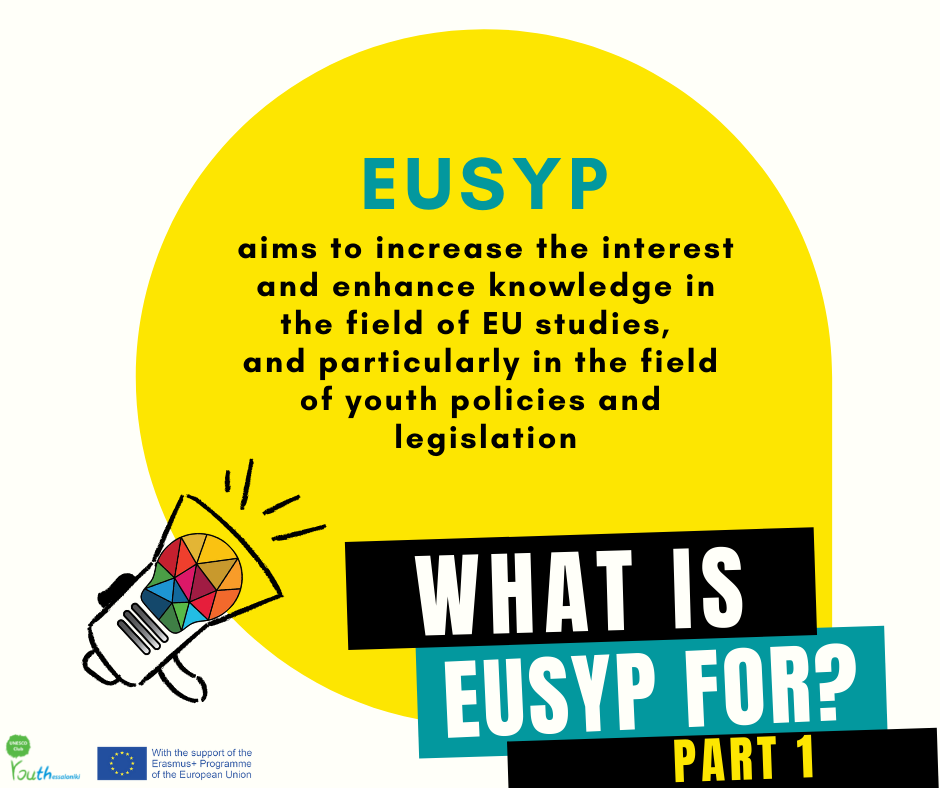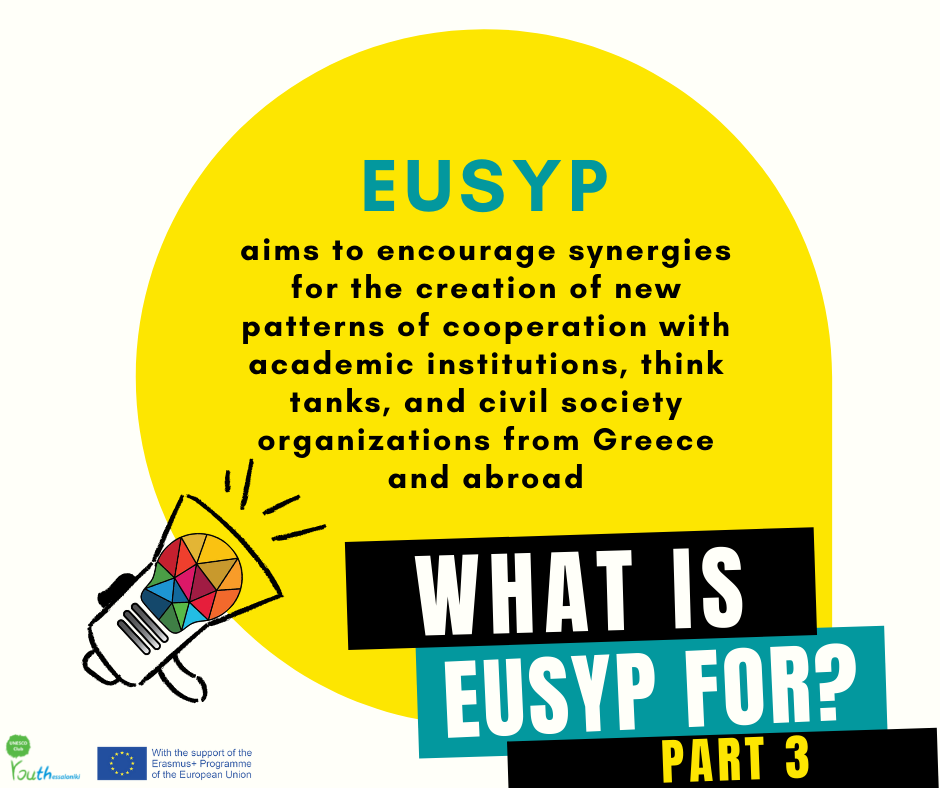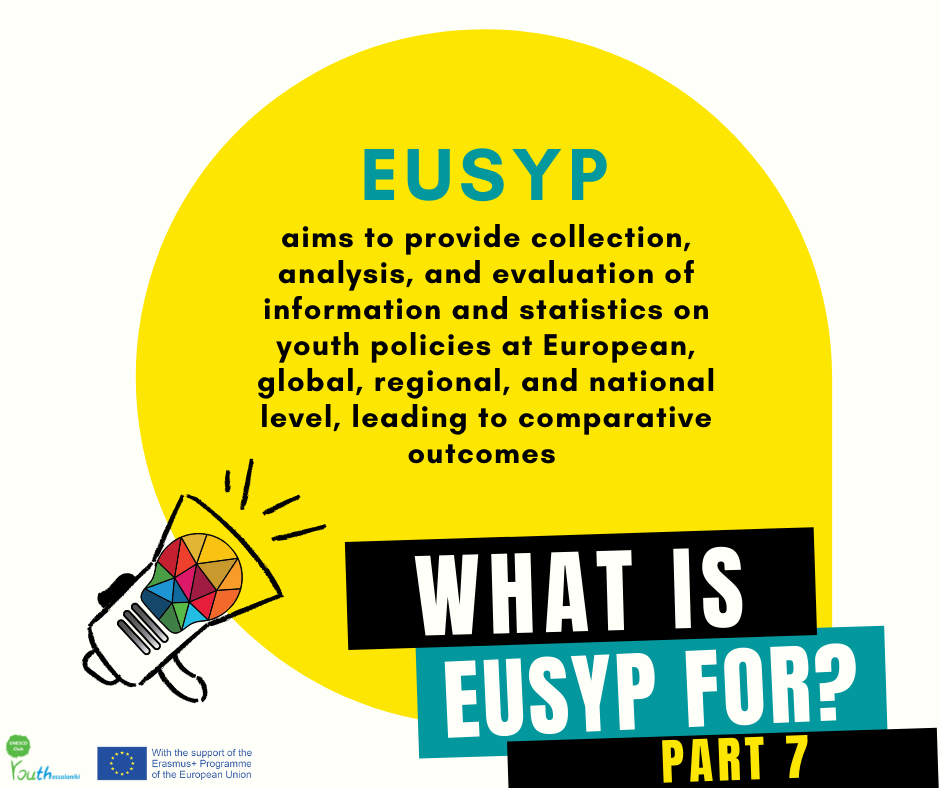Background and rationale of the Project
European societies are, and will continue to become, increasingly diverse. Processes of social, economic and political integration are arguably leading to an increasing convergence of youth policies in Europe. The changing face and shape of Europe however increases the challenges for youth research. This strengthens the need for comparable and reliable information within and between the EU Members States. At the same time, the EU needs to further develop its social inclusion policies for all youth residing within its territory, including marginalised individuals and communities, and strengthen solidarity ties amongst EU citizens to counter fragmentation and isolation trends. The recently adopted EU Youth Strategy 2019-2027 endeavours to address the challenges that young people are facing all over Europe and to provide a common and coherent EU response to them, complementing the efforts and initiatives of its Member States.
The development of viable methodologies for comparative youth studies and youth policy evaluation is a necessary dimension within youth research. Given the different political and cultural traditions across Europe, as well as the status of young people within them, an important task is to produce credible and meaningful understandings of youth which may assist the conceptualisation and formulation of youth policy within the broader European context. Youth research is facing major methodological challenges concerning the definition of youth, while the age distinction has been mostly considered as prevailing discriminant in defining youth. Discussions of youth practice, youth policy or youth research raise a question about the meanings of “youth”, as well as the socio-political aspects of the different interpretations of young people.
In addition, and despite the current efforts, most youth researchers remain located at the national or local level. It is, therefore, essential to invite youth researchers to take part in dialogue at a European level. This can provide an impetus for international exchange and collaboration and inform them about resources (networking, synergies, projects, events and publications) that are specifically available for international youth research. Such opportunities are particularly important for researchers from the Southern Europe and the Western Balkans who have fewer possibilities to participate in the European fora for various reasons. Their participation is a priority, bridging the information gap that exists with the rest of Europe.
Main objectives
- To increase the interest and enhance knowledge in the field of EU studies, particularly in the field of youth policies and related legislation;
- To promote the protection of fundamental human rights of young people in the EU, including vulnerable groups;
- To encourage synergies and establish cooperation with academic institutions, think tanks and civil society organizations from Greece and abroad;
- To stimulate research and dialogue in the field of European youth studies, particularly about the EU Youth Strategy 2019-2027 and the EU Youth policies;
- To promote the EU Youth Dialogue in order to include diverse voices of young people in decision-making processes on all levels and foster the development of citizenship competencies;
- To inform the general public about recent developments in the EU’s youth policy, especially with the occasion of the adoption of the EU Youth Strategy 2019-2027;
- To provide collection, analysis and evaluation of information and statistics on youth policies at European, global, regional and national level, leading to comparative outcomes that would meet the demand for pragmatic, collective and thoughtful responses to the challenges that the youth shall address nowadays in an increasingly integrated Europe within a changing world.
Impact
Students, researchers -young and experienced-, civil society, policy makers, practitioners and the general public, as well as youth policy experts, youth practitioners, youth workers, young migrants and refugees and high-school students, at local, national and European level, will be the main beneficiaries of project. They will acquire profound knowledge about the EU and national youth policies and the EU Youth Strategy. The project aims at the broad dissemination of its outcomes.









